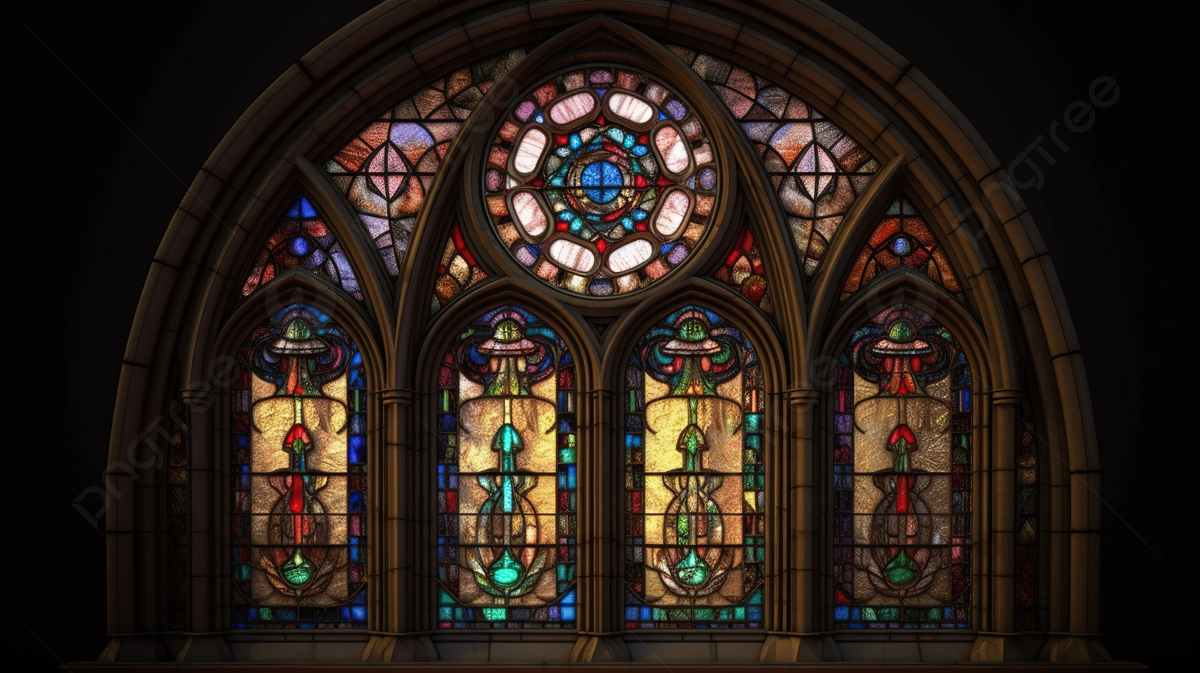
The 7 Teachings of A Living Catechism
God becomes human for us in Jesus Christ.
The God who creates all that is takes on life and death in the person of Jesus. A God who becomes flesh understands our loves and limits, bridging the gap between God and creation through God’s radical act of love for creation in Christ’s living, dying, and living again. God’s costly love for creation compels us to embrace Christ’s compassion and care for all of life.John 1:1-5
God meets us in bread, wine, and water
God promises to meet us in, with, and under simple elements of daily life. At a table that Jesus sets, God forgives us and feeds us with love eternal. In water and promise, God brings us to new life and breathes in us gifts that help the world. Through these ordinary elements, God does some truly extraordinary things. We can delight in God’s goodness and all across creation, seeing God in a beautiful sunset, the laugh of a small child, or the warmth of a fire, trusting we can always return to bread, wine, and water, where God will always be waiting for us.God feels our pain and suffering
God becoming human in Jesus means God is deeply familiar with the pain and suffering of body, mind, and spirit. Jesus’ experiences of loneliness, sorrow, and betrayal alongside the pain of physical violence and death reveal that God suffers with and for us and all of God’s beloved creation. And it is in resurrection that God declares that divine love seeks to transform all that threatens to destroy that which God created.2 Corinthians. 1:3-4
God delights in our goodness and judges sin
God announces the goodness of all of creation, from the smallest fish to the largest elephant, to you and me. God celebrates the gifts that the Holy Spirit has given each of us to serve our neighbor and the world in need. Yet there is evil in the world, which God condemns and works against. Sometimes we are a part of that evil, caught in webs beyond individual choices of right and wrong. Sometimes we are recipients of that evil, through actions of others or networks in the world. God judges sin, but always in service of love for all of God’s (good) creatures.Genesis 1:1 – 2:2
God speaks to us through Scripture and Spirit
God speaks to us through ancient stories, evocative poetry, fiery prophecy, and intimate correspondence. The Bible has been handed down from generation to generation, carefully translated and boldly interpreted, so that we might open it and hear good news. And God is still speaking, as we gather together to ponder these stories anew, encounter wisdom from traditions different from our own, or wrestle with a message preached into contemporary life.God compels creation toward mercy.
God’s merciful nature is preoccupied with graciousness rather than punishment or who deserves love and care and who doesn’t. That we are created in the image of a merciful God means we are called to embody unconditional grace and love to other people and all living things, participating in the coming of God’s reign where all are supported, nourished, and loved.Luke 15:11-32
God loves us eternally
Through the resurrection of Jesus, God shows us that death does not have the final word. God promises to be with us not only in this life but in the life to come. God promises a new heaven and a new earth where there’s no more crying, no more dying, only life, only love. God’s promises to love us eternally are not just about the future but compel us to live as if love extends beyond the bounds of death.Revelation. 21:1-5